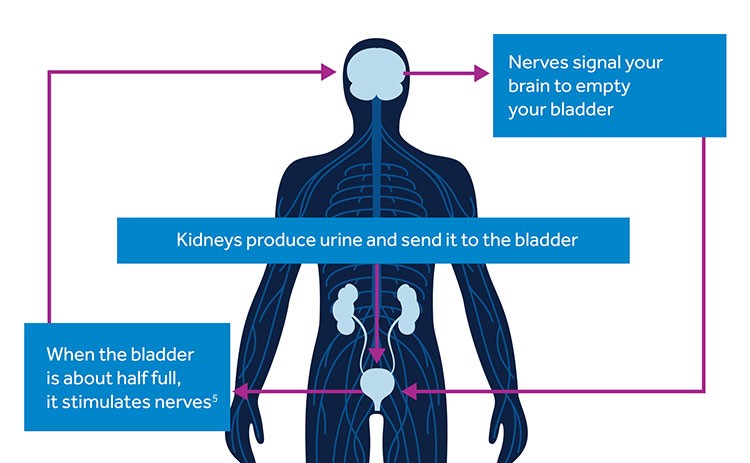
September 7, 2024
The Mental Influence Of Urge Urinary Incontinence
Discovering The Emotional Influence Of Urinary Incontinence It can be stressful going to work when you have urinary incontinence, specifically if you stress a great deal about it while you are there. Having a plan of action and thinking of coping techniques ahead of time can aid lessen the trouble and worry of urinary incontinence, and assist you really feel much more in control of the circumstance. There are several points you can do, and products you can make use of, to make urinary incontinence much less of a concern to live with in your life generally, in addition to at the workplace.- The condition might affect psychological and social aspects and may additionally have an influence on tasks of day-to-day living and role fulfillment.
- A straightforward example is that of a yard tube (urethra) running over a sidewalk surface area (former endopelvic connective tissue).
- Long term call of urine with the unsafe skin creates get in touch with dermatitis and skin malfunction.
- Individuals with OAB may worry about having signs, specifically in social circumstances, and this can set off their fight-or-flight feedback.
White Matter Microstructural Modifications Are Related To Alcohol Usage In People With Panic Disorder
How does urinary incontinence impact you emotionally?
when you leakage pee due to sudden pressure on the bladder and urethra, which creates your sphincter muscle mass to briefly open. Bladder training, to delay urination after you obtain the urge to go.Double voiding, to assist you find out to clear your bladder better to stay clear of overflow incontinence.Scheduled commode trips, to urinate every 2 to four hours rather than waiting on the demand to go. Emotional urinary incontinence is a condition of emotional control complying with brain damage.
Table 2
Seriousness without real urge-related pee loss also is a common complaint of clients with stress and Postpartum Recovery anxiety incontinence. Less than 50% of the ladies in this evaluation reported looking for therapy from a physician despite having scientifically regular urinary incontinence. These outcomes suggest that health and wellness system accessibility elements alone can not account for the reduced prices of treatment seeking for incontinence that have actually been observed in the neighborhood. In addition, determining the kinds of ideas about UI might discuss individual differences in help-seeking habits and related results (such as dealing methods adopted and compliance with medical programs) (Minassian et al., 2012; Bascur-Castillo et al., 2019). Literary works records that just 25% of damaged ladies look for treatment, and less than half receive therapy (Minassian et al., 2012). Equip yourself with understanding regarding the problem, readily available treatments, and way of life modifications that can make a positive impact. Anticholinergic drugs have a function in the management of UUI, yet nonpharmacological treatments ought to generally be considered first Although none of the six currently available anticholinergic agents shows up to have a clear advantage in regards to effectiveness, dosing benefit and drug tolerability might affect the selection of treatment. A patient who goes through medical therapy of tension urinary incontinence is most likely to experience symptomatic prolapse in the future. Recent large-scale research studies have actually exposed that approximately one third of the grown-up, community-dwelling women have some type of urinary system incontinence (UI). Anxiety urinary system signs and symptoms are most prevalent, appearing in 70%-- 88% of incontinent females, either as pure stress and anxiety urinary incontinence (SUI) or combined urinary incontinence (MUI). SUI remains to remain a taboo, though, with just a minority of incontinent women seeking advice from a doctor regarding their trouble. Reasons for these low consultation prices consist of pity and embarrassment, absence of info concerning readily available therapy choices, fear for surgical procedure and the misconception that ending up being incontinent is an inescapable repercussion of age and/or giving birth. Yet, most SUI patients suggest that the problem has an unfavorable influence on their well-being.Social Links